What is Ramadan?
The ninth month of the Islamic lunar calendar is Ramazan, or Ramadan, as it is more widely known in many other countries. For Muslims worldwide, it is a time of great significance for community, fasting, prayer, and introspection. Muslims hold that Allah (God) revealed the Quran, the sacred book of Islam, to the Prophet Muhammad during this month.
Among Islam's Five Pillars is the practice of fasting during Ramadan. Sawm is a fast that begins at dawn (Fajr) and ends at sunset (Maghrib). Muslims refrain from eating, drinking, smoking, and having sexual relations while they are fasting. The fast is not just a physical discipline; it's also an opportunity for introspection, prayer, reading aloud from the Quran, and almsgiving.
Suhoor is eaten before dawn, and Iftar, which is traditionally served right after sunset and starts with dates and water before moving on to a heavier meal, breaks the fast. Muslims use this cycle of fasting and feasting as an opportunity to practice self-control, purify their bodies and souls, and develop compassion for the less fortunate.
Ramadan also marks an increase in prayer and Quran recitation. Taraweeh, the night prayer, is a special part of Ramadan evenings that is done in groups in mosques. During the final ten days of Ramadan, which are regarded as the most sacred, many Muslims take part in itikaf, or spiritual retreats.
Eid al-Fitr, a joyous occasion where Muslims thank Allah for providing them with strength during the fast and participate in group prayers, feasting, and charitable giving, signifies the end of Ramadan.
What are the Ramadan dates for 2025?
This year, Ramadan is expected to begin in the evening on Friday 28 February, 2025 and end on Sunday 30 March, 2025.
How to read Iftar ki Dua?
The Iftar Dua is the prayer said during Iftar, or the breaking of the fast. It's a crucial component of the Ramadan fasting customs, acting as a thank you to God for keeping the fast going.
The Iftar Dua comes in a variety of forms, but in most of them, it acknowledges and thanks Allah for giving you the strength to fast.Reading the Iftar Dua involves pronouncing the Arabic text correctly and reading it after the adhan, or call to prayer, has been called, preferably right before you break your fast. If you are unable to read Arabic, it is also acceptable to read the translation in your native tongue.
Additional instructions for reciting the Iftar Dua can be obtained from your neighbourhood mosque, an Islamic community centre, or websites designed specifically for learning Arabic from the Quran.
Dua for Iftar
روزہ افطار کرنے کی دعا
اَللّٰهُمَّ اِنِّی لَکَ صُمْتُ وَبِکَ اٰمَنْتُ وَعَلَيْکَ تَوَکَّلْتُ وَعَلٰی رِزْقِکَ اَفْطَرْتُ
Allahumma inni laka sumtu wa bika amantu wa ‘alayka tawakkaltu wa ‘ala rizqika aftartu‘.
Translation in Urdu:
’’اے اللہ!میں نے تیری خاطر روزہ رکھا اور تیرے اوپر ایمان لایا اور تجھ پر بھروسہ کیا اورتیرے رزق سے اسے کھول رہا ہوں۔‘‘
Translation in English:
O Allah! I fasted for you and I believe in you and I put my trust in You and I break/Open my fast with your sustenance.
Translation in Hindi:
ओ अल्लाह! मैंने आपके लिए उपवास किया है और मैं आप पर विश्वास करता हूं और मैंने आप पर भरोसा किया है और मैं आपके भोजन से अपना उपवास तोड़ता हूं।
Benefits of Reciting Dua for Iftar
Reciting dua during iftar provides several spiritual and psychological advantages.
Spiritual Nourishment: Investigating how dua nurtures the soul, promoting a stronger connection to faith and spirituality.
Inner calm: Understanding the significance of dua in generating inner calm and serenity, particularly after a fast.
Blessings and Mercy: Dwelling on the notion that dua during iftar draws blessings and mercy from the Almighty, enriches the spiritual journey.
Iftar Ki Dua Images
![Iftar Ki Dua (1).png Iftar Ki Dua (1)]()
![Iftar Ki Dua (2).png Iftar Ki Dua (2)]()
![Iftar Ki Dua (3).png Iftar Ki Dua (3)]()
![Iftar Ki Dua (4).png Iftar Ki Dua (4)]()
![Iftar Ki Dua (5).png Iftar Ki Dua (5)]()
![Iftar Ki Dua (6).png Iftar Ki Dua (6)]()
![Iftar Ki Dua (7).png Iftar Ki Dua (7)]()
![Iftar Ki Dua (8).png Iftar Ki Dua (8)]()
![Iftar Ki Dua (9).png Iftar Ki Dua (9)]()
![Iftar Ki Dua (10).png Iftar Ki Dua (10)]()
Get a personalised video wish from a celebrity for Ramadan!
Festivals are occasions that bring families together, creating memorable moments filled with joy, laughter, and festivity. To add a unique touch to your celebrations, consider a personalised video message from your beloved celebrity. At Tring, we offer a vast selection of over 12,000+ celebrities for you to choose from, making your festival even more thrilling! But Tring doesn't stop with personalised video messages. You can also get an Instagram DM from your favourite star, engage in a video call, or even receive a video with a recorded song from your favourite celebrity.
![Salim-Merchant.jpg]()
![Faisal Khan.jpg]()
![Sana Saeed.jpg]()
![Azhar Shaikh.jpg]()
![birthday occasion]() Birthday Gifts
Birthday Gifts
![anniversary occasion]() Anniversary Gifts
Anniversary Gifts
![women]() Women
Women
![men]() Men
Men
![Couples]() Couples
Couples
![Couples]() Wedding Gifts
Wedding Gifts

 Birthday Gifts
Birthday Gifts
 Women
Women
 Men
Men
 Anniversary Gifts
Anniversary Gifts
 Wedding Gifts
Wedding Gifts
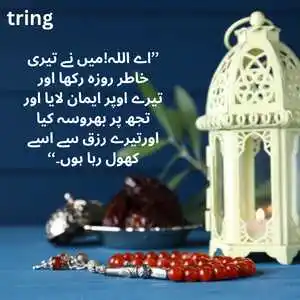
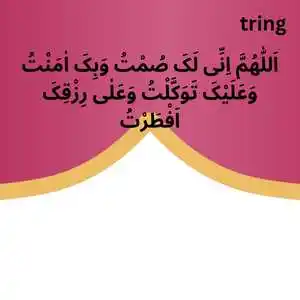
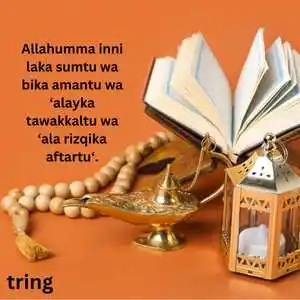
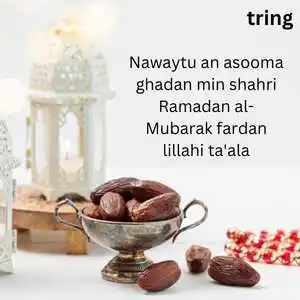

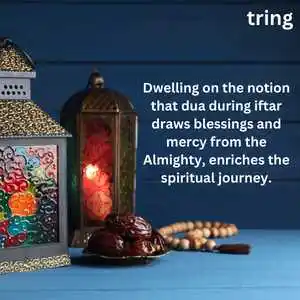
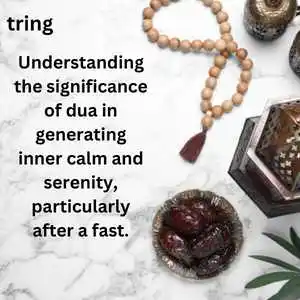
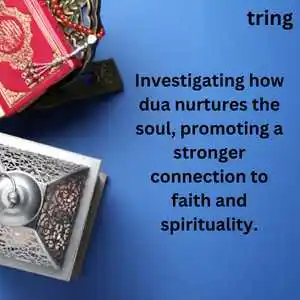
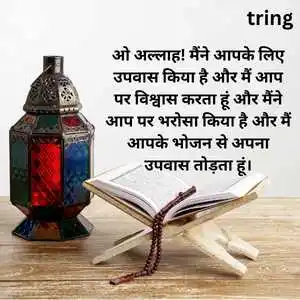
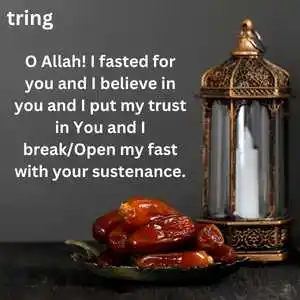




 We now support international payments
We now support international payments
